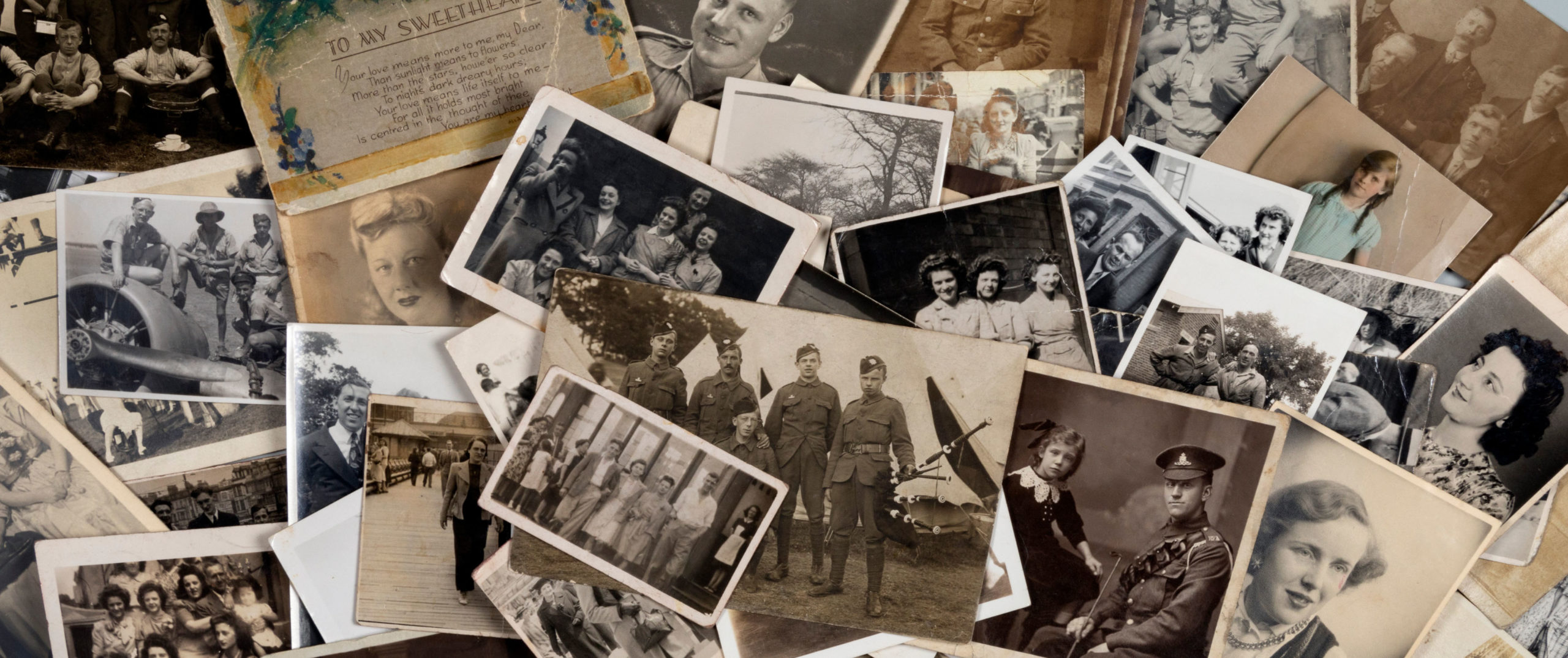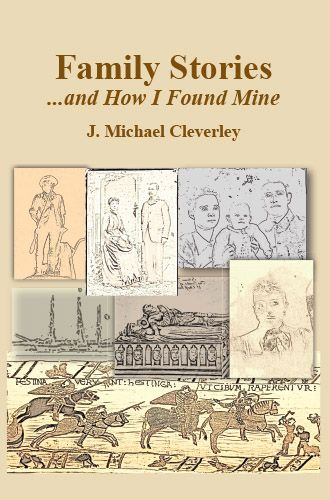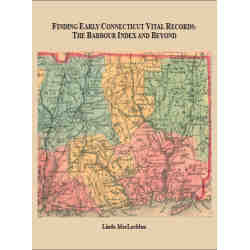
The following excerpt from our new book, Family Stories . . . and How I Found Mine, by J. Michael Cleverley is from the author’s prologue. In these few paragraphs, Mr. Cleverley captures the essence of what it means for someone to undertake a family history. In a word, it’s a transformative experience because of the “odyssey” that family history research requires of its participant(s). In future issues of “Genealogy Pointers,” we will have more specifics to share about the characters readers will encounter in Family Stories . . and How I Found Mine, but for now please consider what your own pursuit of a thousand-year saga might await you.
“It is hard to comprehend how extensively our family root network spreads. An article in The Atlantic a few years ago told how a simple mathematical progression describes the enormous scope of our ancestral roots. We are all born to two parents, and they were born to four, and those grandparents, in turn, came from eight. Each generation increases the number of our ancestors by a factor of 2, or, in other words, doubles the previous number of grandparents.
“We can quite reasonably assume four generations per century, and with each generation, the number of ancestors doubles. Going back 100 years, we will have 14 ancestors, including parents; another 100 years, 254 including all those who came between now and then. All other things being equal, 400 years back we can potentially number as many as 33,000 ancestors, all living in the early 1600s.
“Quickly, the numbers become absurdly large. Extending our progression back 1 ,000 years — to the time of William the Conqueror and his wife Matilda — we would theoretically have one trillion ancestors. Presumably, that is more than the number of human beings who have ever lived — so obviously, the progression begins breaking down with time as lines cross over and join with other lines of common ancestors. However, if we only have 1/10th of 1 percent of that number, we will still have a billion ancestors one thousand years ago, at least according to the theoretical progression.
“That number, too, is greatly inflated beyond reality, but whatever the real number is, it is massively large and has some implications for us. Statisticians estimate that extending back 1 ,000 years, every European living today is theoretically a descendant of every European living then. Since there has never been a free citing of populations in Europe, this may not be exactly the case. Each European country and its people are still quite distinct. On the hand, it is not hard to imagine that if every English woman and man living today pulled up their roots for 1,000 years back, each of them would most likely find King William and Queen Matilda somewhere among them.
“If the ancestral lines of those living today all begin to merge I ,000 years in the past, why then are we interested in family history? What is the point? As my quest for stories proceeded, I learned ever more clearly the reason was in the stories, themselves. Each of these ancestors, generation by generation, century by century, had their own unique story. The stories, good or bad, sad or happy, enrich us as we learn them. As segments of our own intricate root system, they can even prop us up with strength and confidence, just as the stands of noble trees had stood for centuries in Hyde Park.
“One of Homer’s great stories that has captured people for thousands of years was that of Odysseus, told in his epic The Odyssey. After the Trojan War, Odysseus and his men board their ship and sail off toward their homes on the island of Ithaca. It is a long and eventful voyage, and the book follows their adventures. Getting to Ithaca turns out to be an anti-climax, however. The Odyssey is not about arriving home, but about how they get there. So it is with our family history. What matters is not the last stop, but the search for it. Exploring our 1,000 stories is about the journey, not the destination.
“What Homer recounts is what I discovered when I began the search for my one thousand stories. I had no intention or even the possibility to trace all those who made my life a reality. The stories that I could find, and my journey to discover them, were ultimately my goal. As it turned out, the tales and accounts were more colorful and endearing than I imagined. But the journey to find them was equally thrilling, with unexpected twists and turns, full of excitement and victory, and often frustration and disappointment. The past is a foreign land, I found, and whoever travels there may be smitten with its exotic landscape but never catch sight of as much of it as they want. Sometimes the fog of the past is simply too dark to see far, and occasionally, as I learned, there are people there who do not want to be found.





